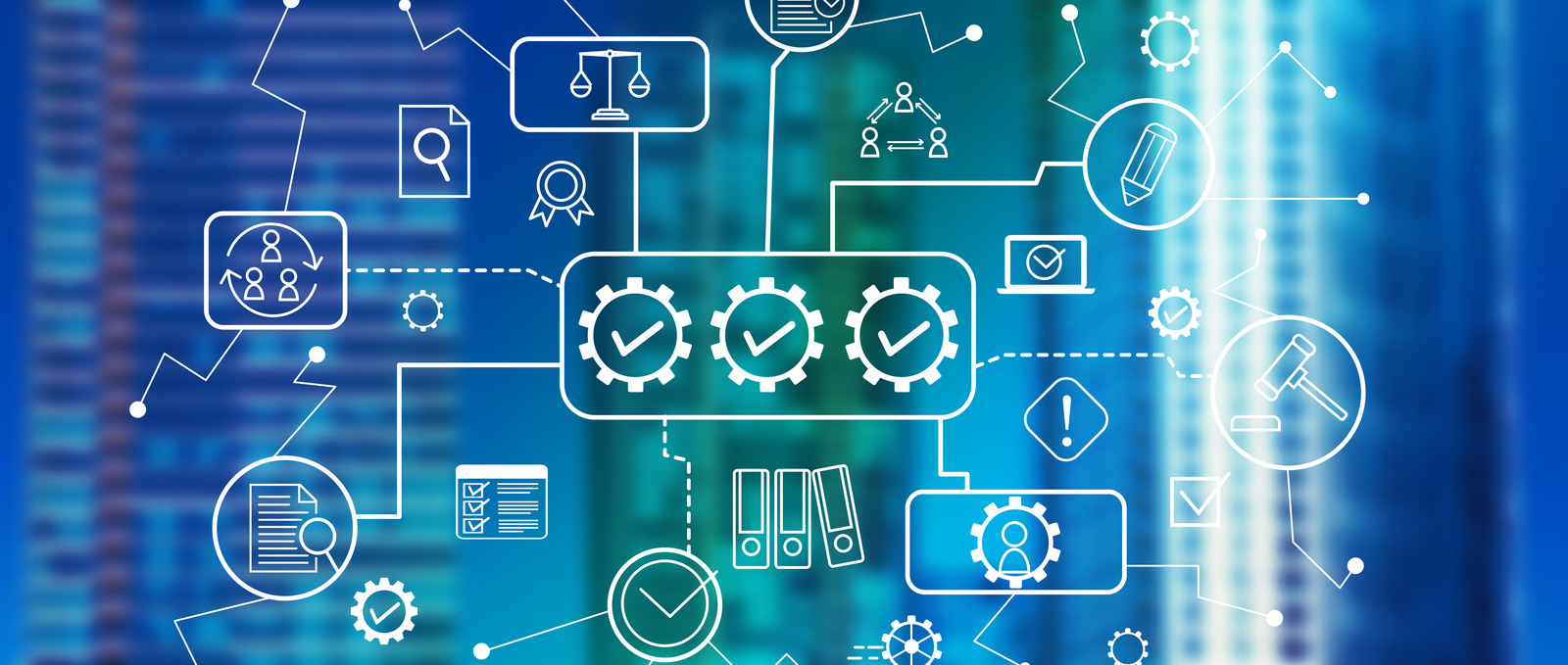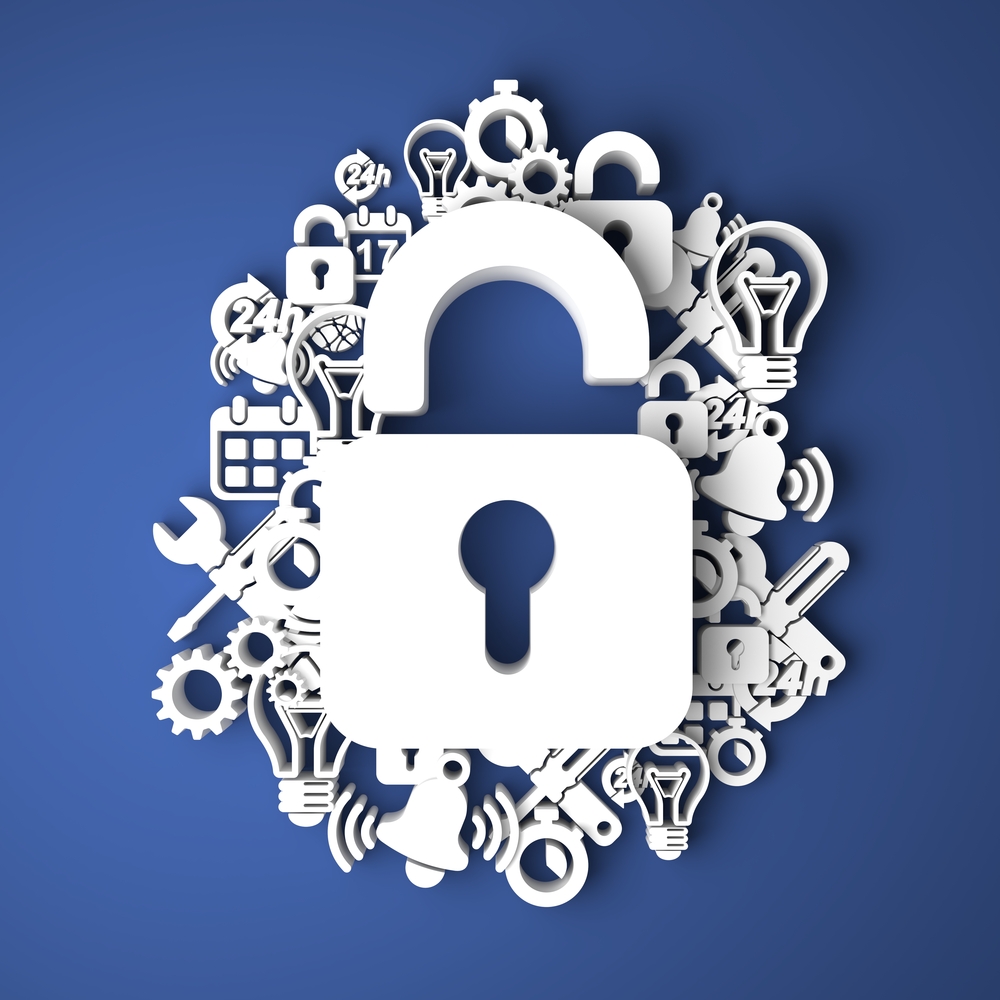Cloud Security Within Your ERP
Moving Enterprise Resource Planning (ERP) solutions to the cloud can yield significant operational, maintenance, and security opportunities. Cloud...
In today's technology-driven world, Enterprise Resource Planning (ERP) systems have become an integral part of modern businesses. ERP solutions offer a comprehensive suite of tools and functionalities that streamline operations, enhance productivity, and provide valuable insights for decision-making. However, as organizations adopt ERP systems, they also face a host of security challenges. In this blog, we will explore some of the key security challenges faced by ERP systems and how businesses can overcome them to ensure the integrity and confidentiality of their sensitive data.
One of the primary concerns for organizations implementing ERP systems is safeguarding their data. ERP platforms consolidate vast amounts of sensitive information, including financial data, customer records, intellectual property, and more. Protecting this data from unauthorized access, data breaches, or cyber-attacks is crucial.
To overcome data security challenges, ERP systems employ several measures, such as encryption techniques, user access controls, and regular security audits. Encryption ensures that data remains secure, both in transit and at rest.
User access controls allow administrators to define permissions and restrictions, ensuring that only authorized individuals can access specific data. Regular security audits help identify vulnerabilities and address them promptly.
ERP systems often consist of various modules and components that communicate with each other and external systems. This interconnectedness creates potential vulnerabilities that malicious actors can exploit. System vulnerabilities can lead to unauthorized access, data manipulation, or system disruption.
To mitigate system vulnerabilities, ERP vendors release regular updates and patches to address identified security issues. Organizations must promptly install these updates to ensure their systems are protected against the latest threats.
Additionally, businesses should conduct periodic vulnerability assessments and penetration testing to proactively identify and fix vulnerabilities before they can be exploited.
While external threats are a significant concern, organizations must also address the risk of insider threats. Employees with authorized access to ERP systems can potentially misuse or mishandle sensitive data, whether intentionally or accidentally. This poses a considerable security challenge for businesses.
To tackle insider threats, organizations should implement a comprehensive user access management system. This system should include strong authentication mechanisms, such as two-factor authentication, to ensure that only authorized users can access the ERP system.
Additionally, role-based access controls and strict segregation of duties can limit the scope of unauthorized actions. Regular employee training and awareness programs can also help educate staff about the importance of data security and the potential consequences of mishandling data.
ERP systems often need to integrate with various third-party applications, external databases, or cloud services. While integration enables businesses to leverage additional functionalities, it also introduces security risks. Poorly implemented integrations can expose sensitive data or create backdoors for attackers.
To address integration and interoperability challenges, organizations should prioritize secure integration practices. This includes implementing secure application programming interfaces (APIs) with robust authentication and authorization mechanisms.
Regular security assessments should be conducted on both internal and third-party systems to ensure data privacy and integrity throughout the integration process.
Implementing an ERP system brings numerous benefits to businesses, but it also presents security challenges that need to be overcome. By prioritizing data security, addressing system vulnerabilities, mitigating insider threats, and ensuring secure integrations, organizations can strengthen the overall security posture of their ERP systems.
Regular security audits, updates, and employee training are crucial for maintaining a secure environment. By adopting a proactive approach to ERP security, businesses can enjoy the full potential of these powerful systems while protecting their sensitive data from external threats.

Moving Enterprise Resource Planning (ERP) solutions to the cloud can yield significant operational, maintenance, and security opportunities. Cloud...

There are many reasons that a company chooses its enterprise resource planning (ERP) system from improving efficiency to streamlining operations.

1 min read
If your ERP is not providing the value that you need, it’s time to consider your options. All options can look attractive since, at least in...
